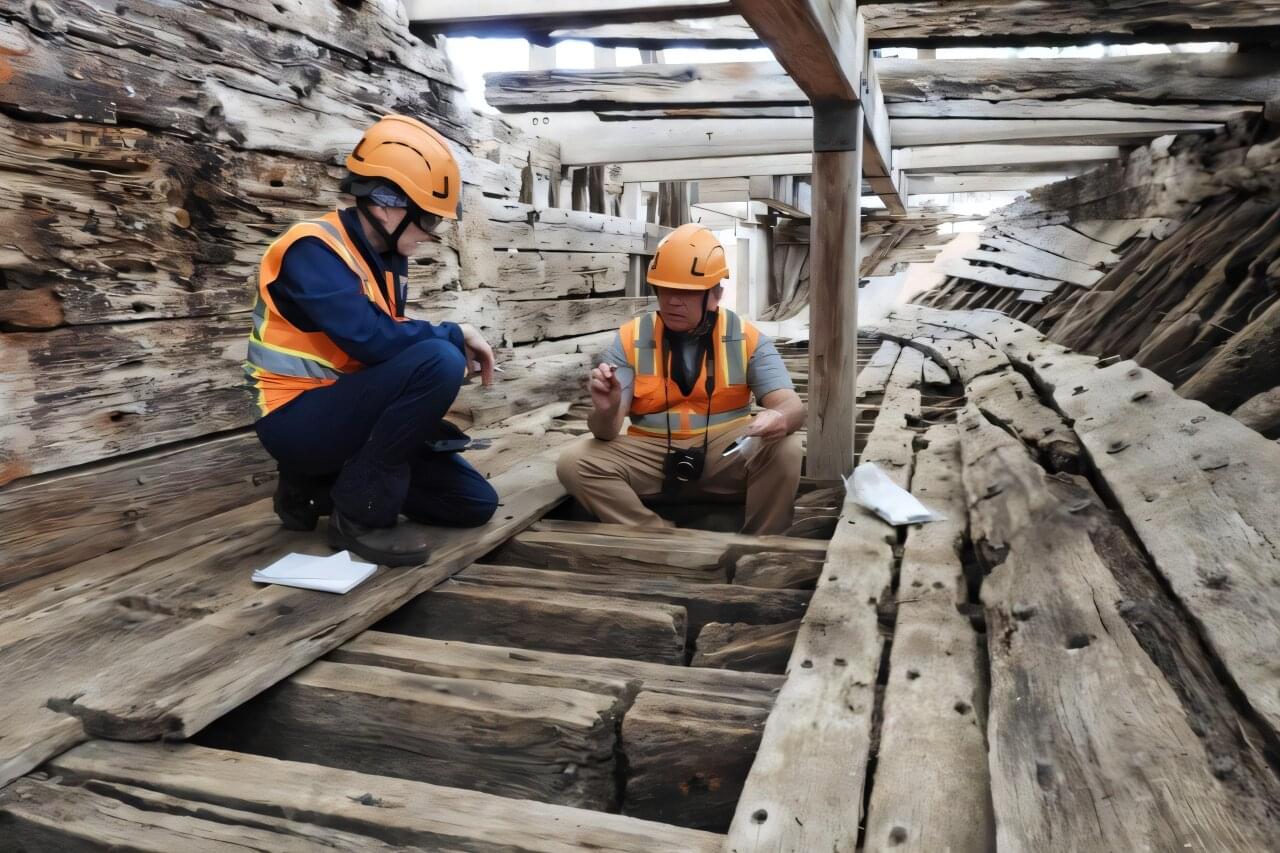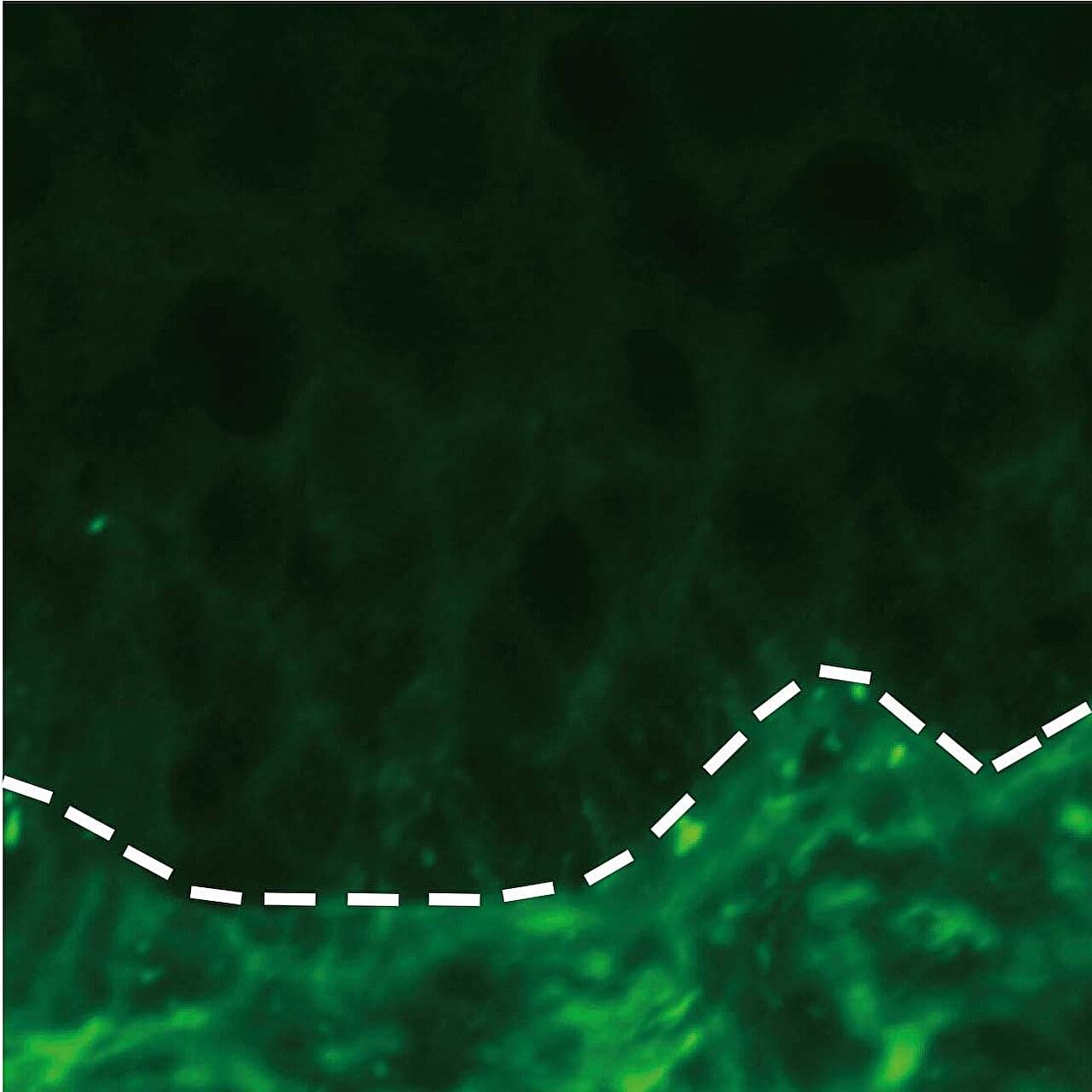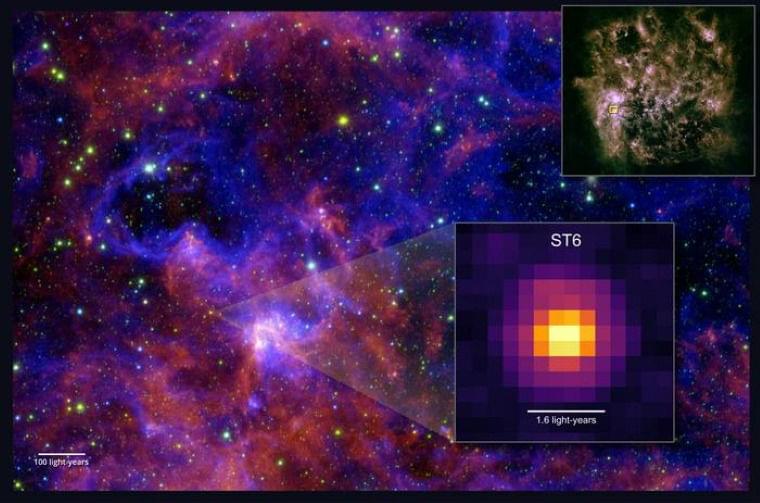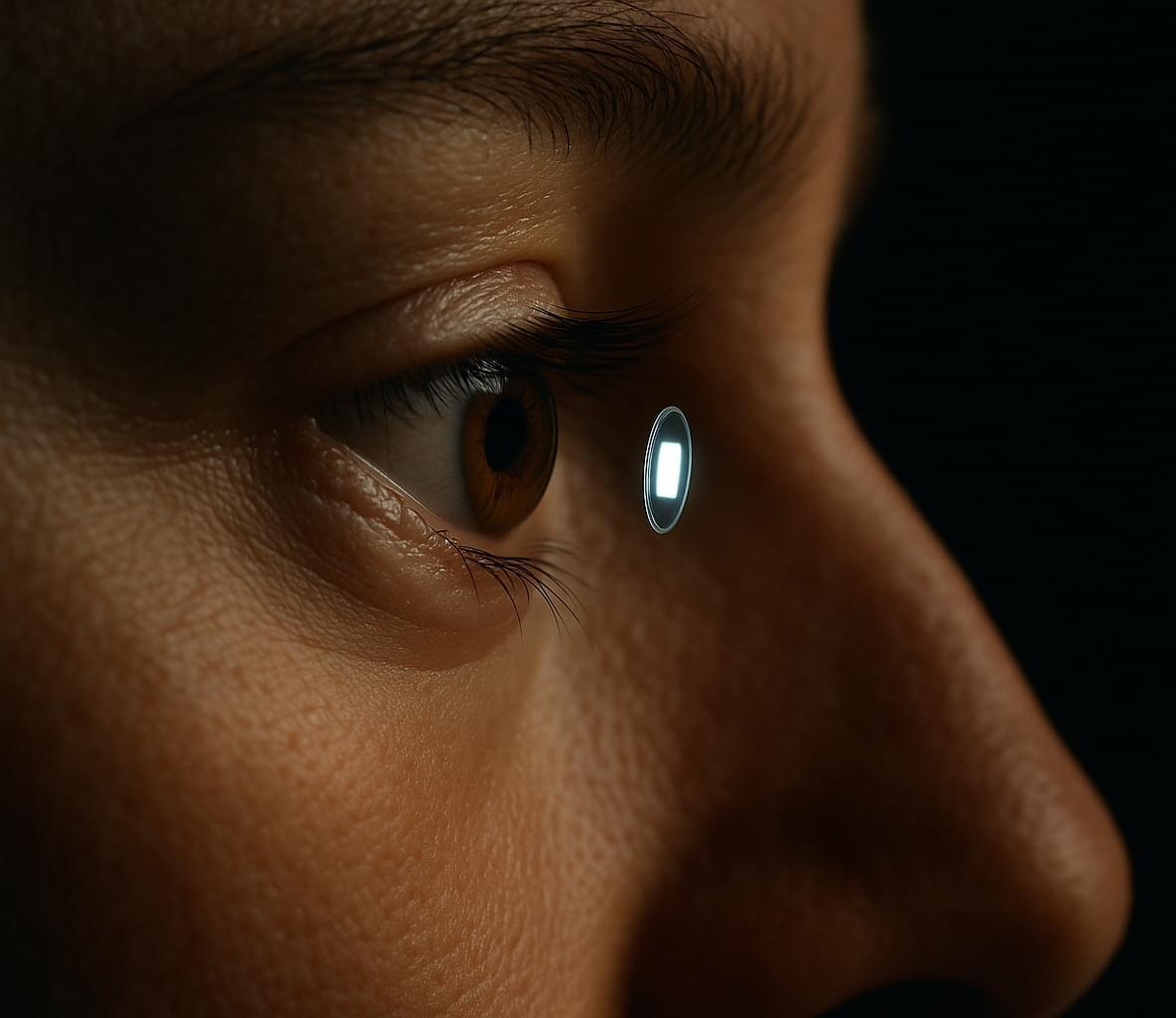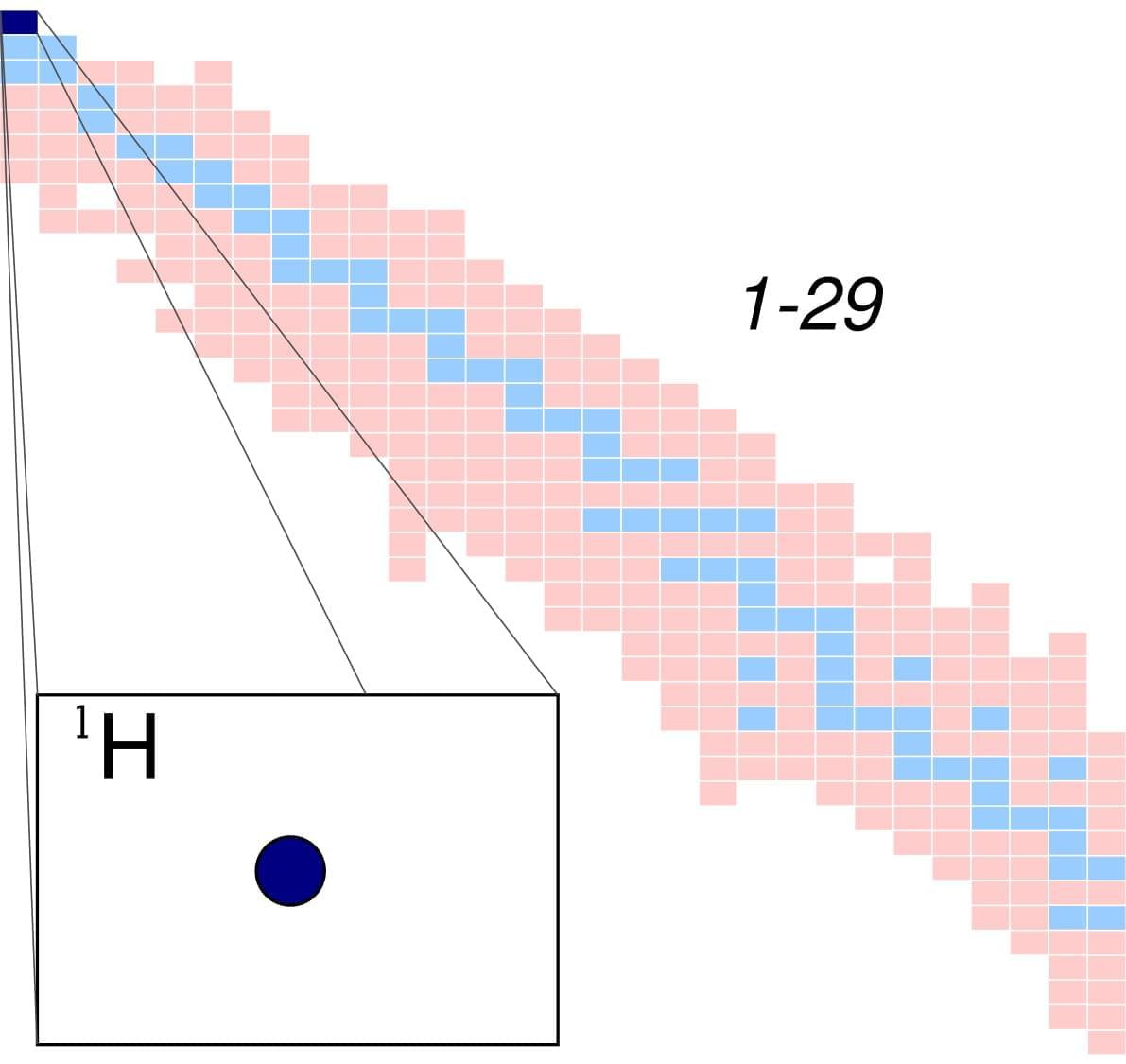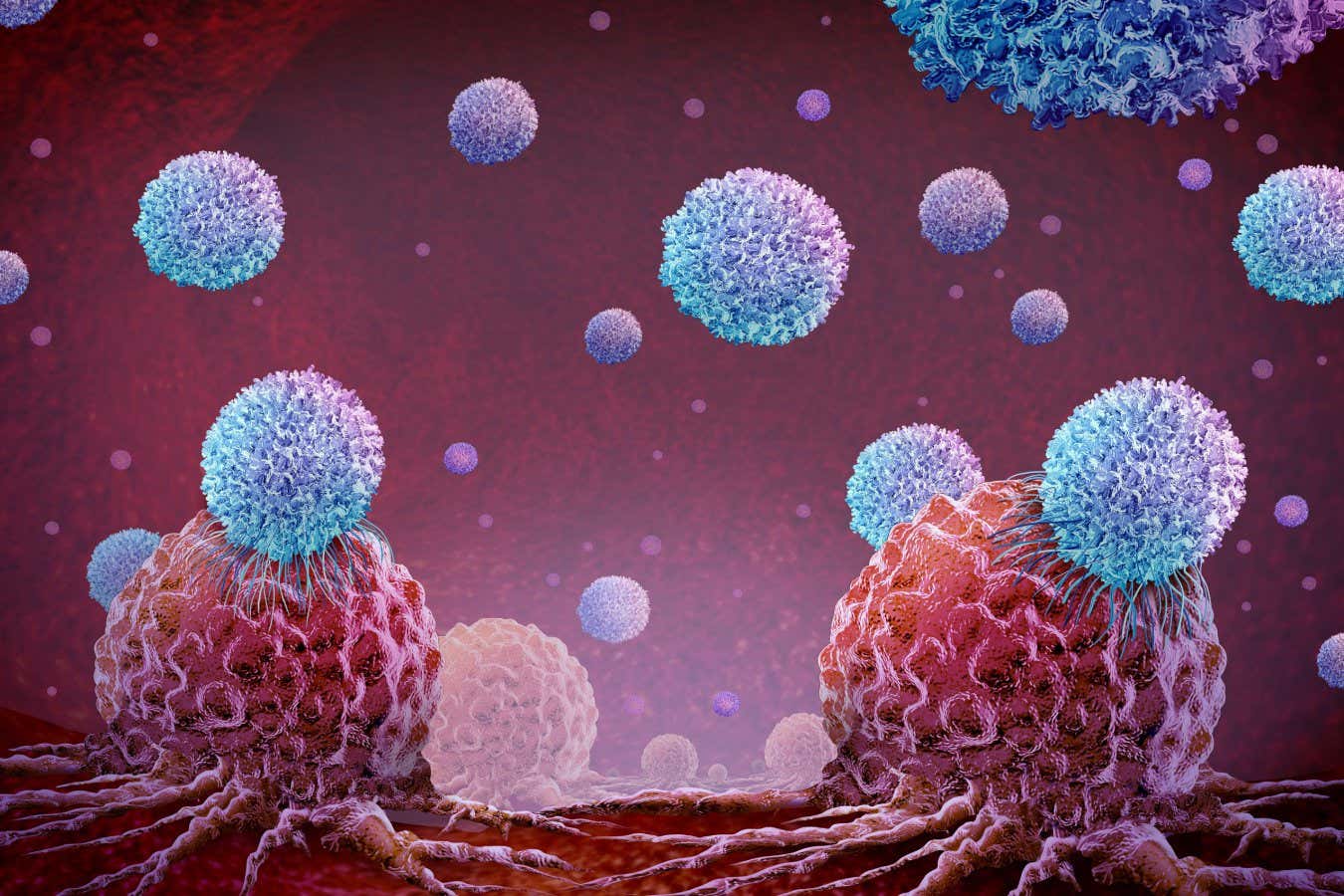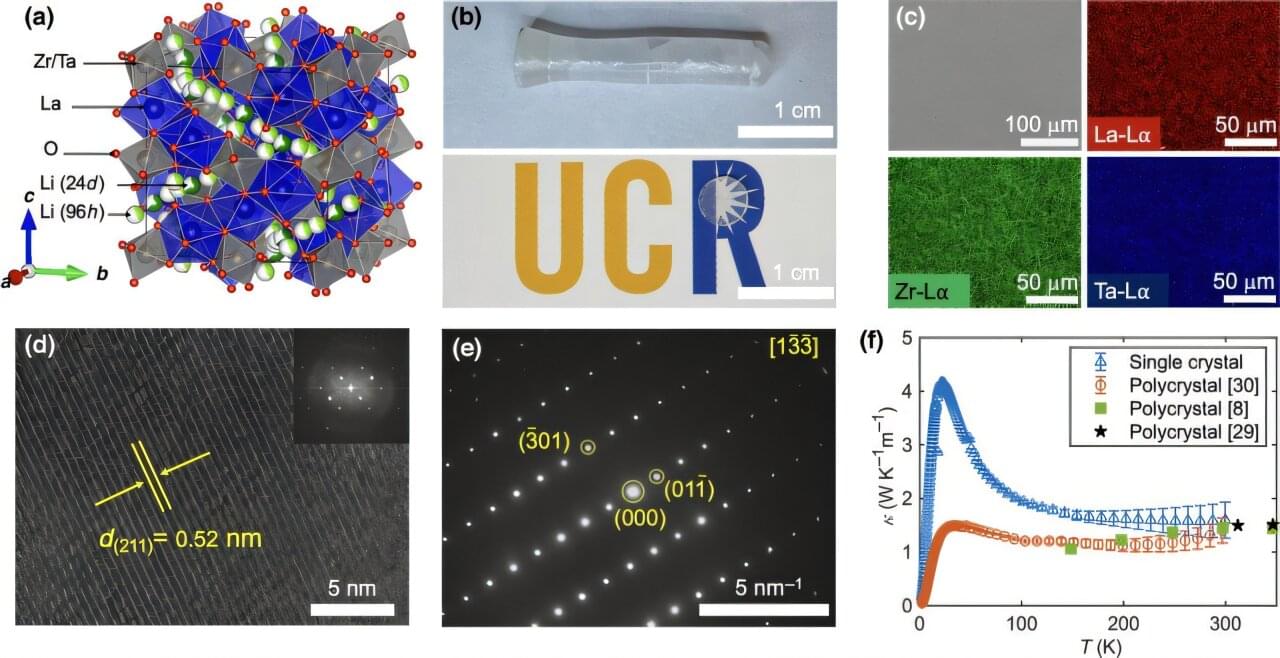University of Minnesota researchers studied the microbial degradation of the USS Cairo, one of the first ironclad and steam-powered gunboats used in the United States Civil War. Studies of microbial degradation of historic woods are essential to help protect and preserve important cultural artifacts.
Built in 1861, the ship hit a torpedo and sank in December 1862 and was recovered about 100 years later from the Yazoo River. It has been on display at the Vicksburg National Military Park in Mississippi. Although the ship has a canopy cover, it is exposed to environmental elements.
“Continued degradation of this historic Civil War ship is causing serious concerns for its long-term preservation. To determine the appropriate conservation efforts, it is essential to understand the current condition of the wood and the microorganisms causing the degradation,” said lead author Robert Blanchette, a professor in the College of Food, Agricultural and Natural Resource Sciences.
